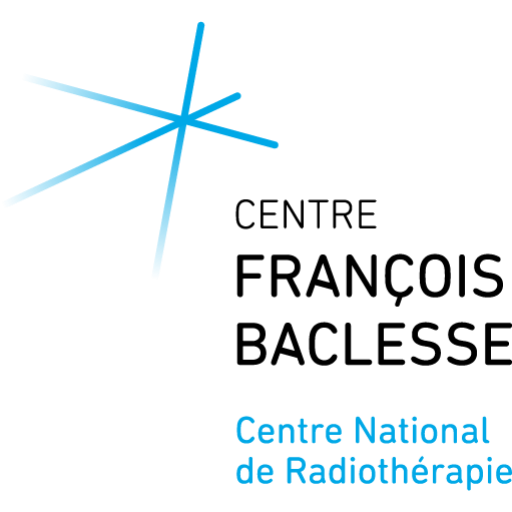Cancer de la sphère ORL


Cancers de la sphère ORL
General information
These forms of cancer are mainly caused by tobacco and alcohol consumption, with one increasing the effect of the other. It has also been established that another risk factor for oropharyngeal cancer may be infection with certain types of human papillomavirus (HPV), as in the case of cervical cancer.
Clinical signs
You should consult your doctor if you experience pain, changes in your voice, difficulty swallowing solid or liquid foods, or a feeling of constant nasal congestion, the appearance of a lump in your mouth or throat, or swollen lymph nodes in your neck. Weight loss may also be associated with these symptoms. These symptoms may occur alone or in combination, but are not sufficient to confirm a diagnosis of cancer. If you have any doubts about these symptoms, your doctor may refer you to a specialist for an examination under general anesthesia (endoscopy) with a biopsy.
Treatment of ENT cancers at the CFB
Several treatments and combinations of treatments are available at the CFB. Treatments are specific to each patient and each tumor and depend on the location, stage of development of the disease, age, medical history, and general condition of the patient.
As a general rule, a dental check-up is necessary before any radiotherapy treatment.
External radiotherapy
Radiotherapy will be recommended on its own or in combination with chemotherapy. It can also be used as an adjuvant after surgery to eliminate any microscopic cancer cells that were not removed during the operation.
Radiotherapy may target the tumor, the tumor bed (the area where the tumor was located before surgery), and/or the lymph nodes in the neck.
This treatment uses X-rays directed through the skin to the area to be treated. These rays are produced by a linear accelerator and gradually destroy the cancer cells.
Your treatment will begin with a scanning session (called virtual simulation) to identify the areas to be treated (target volumes) and the healthy organs around them that must be preserved as much as possible.
Your treatment plan will be tailored to your individual needs (taking into account your specific characteristics and those of your disease) and scheduled over several weeks. Sessions take place from Monday to Friday and last approximately 15 minutes.
The radiation is invisible and painless and does not make you radioactive.
Chemotherapy in combination with radiotherapy
Chemotherapy is a treatment based on drugs that act on the mechanisms of cell division.
It is a general treatment (called systemic treatment) that acts throughout the body. This allows cancer cells to be reached regardless of their location in the body, even if they are isolated and cannot be detected by diagnostic tests.
Chemotherapy drugs are administered by infusion. At Centre François Baclesse, chemotherapy is administered concurrently with radiotherapy to sensitize the cells and enhance the action of the radiation on the areas being treated.
Side effects during treatment
During radiotherapy
- Fatigue: Fatigue is a common side effect but is not necessarily due to the treatment. It is often caused by the daily repetition of the treatment.
- Dermatitis and mucositis: Inflammation of the skin and oral mucosa
- Dry mouth
- Change or loss of taste
- Loss of appetite and pain when swallowing
- Hearing loss
During chemotherapy
- Fatigue: Apart from the fatigue caused by the disease itself, anxiety about tests or daily travel, fatigue may be related to chemotherapy. It depends on your tolerance to this treatment and any side effects.
- Nausea and vomiting: Nausea is common. If vomiting occurs, it is advisable to rinse your mouth with cold water and wait 1 to 2 hours before eating.
- Change in taste and/or loss of appetite: A change or loss of taste may occur during chemotherapy, which can lead to a loss of appetite. This is one of the side effects of cisplatin, for example. In general, it disappears gradually after the end of treatment, but cannot be avoided during treatment.
Side effects after treatment
The effects observed during treatment generally fade a few months after the end of treatment. Some signs may appear after several months or years; these are known as "late effects." In rare cases, they may be related to the treatments received. We encourage you to report any side effects, even late ones, to your radiation oncologist.
The following side effects may occur:
- Dry mouth: Regular hydration is recommended to limit the impact.
- Trismus: Limited ability to open the mouth
- Fatigue and memory problems
- Hearing loss and tinnitus
- Dry skin and fibrosis
- Edema under the chin (jabot)
- Persistent taste disorders
